On his first day in office as the 47th President of the United States, Donald Trump began to implement his agenda for reshaping the nation's institutions.
He signed a flurry of executive orders, memorandums, and proclamations.
Here are five notable Trump’s Day 1 actions:
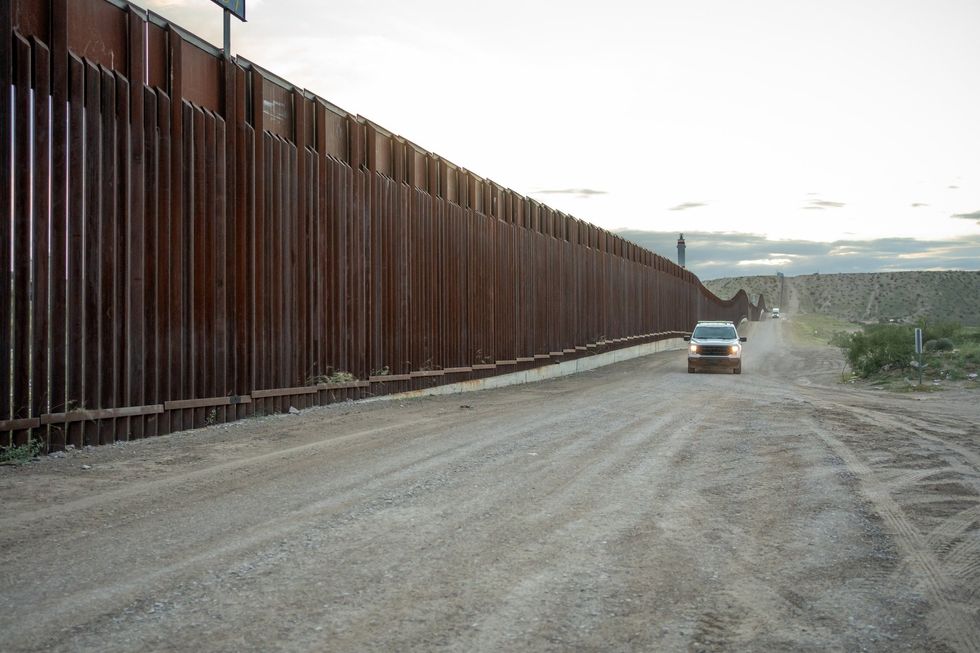 Evening Shot of Border Wall Between El Paso Texas USA and Juárez Chihuahua Texas at Puerto Anapra with US Border Patrol Vehicle in the Distance Getty Images//Stock Photo
Evening Shot of Border Wall Between El Paso Texas USA and Juárez Chihuahua Texas at Puerto Anapra with US Border Patrol Vehicle in the Distance Getty Images//Stock Photo
1. Immigration
President Trump issued an executive order regarding birthright citizenship, which restricts federal agencies from issuing certain documents typically available to U.S. citizens.
This order affects children born after the measure takes effect, particularly in cases where the parents are unlawfully present in the U.S., or the mother is temporarily in the U.S. on a visa, and the father is a noncitizen.
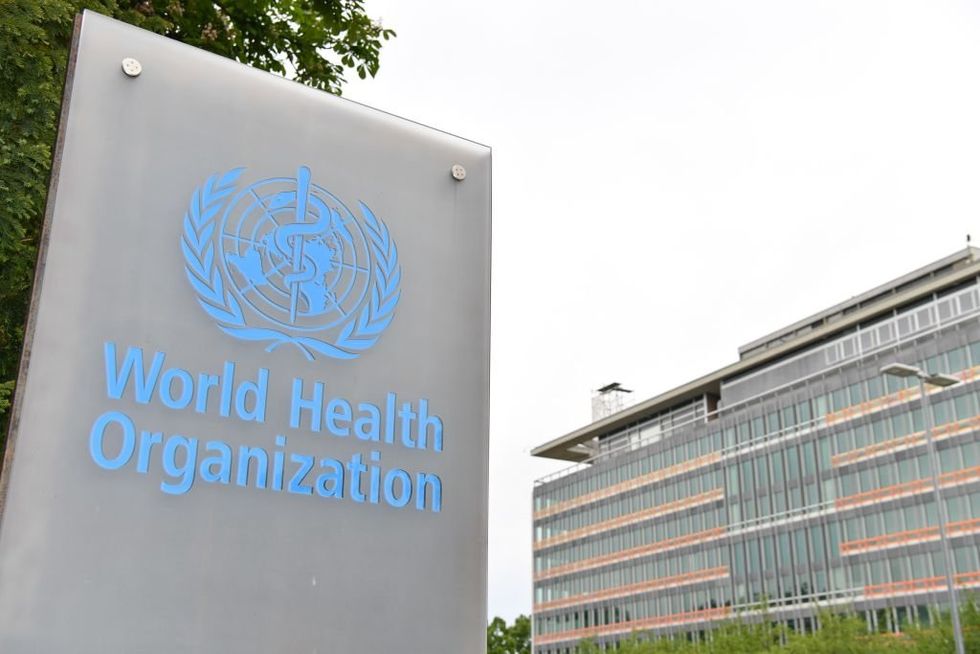 Logo of the World Health Organization WHO with the WHO headquarters in the background in Geneva, Switzerland. (Photo by Lian Yi/Xinhua via Getty Images)
Logo of the World Health Organization WHO with the WHO headquarters in the background in Geneva, Switzerland. (Photo by Lian Yi/Xinhua via Getty Images)
2. Withdrawal from WHO
Trump announced the U.S. withdrawal from the World Health Organization (WHO), marking a substantial decision to sever ties with the U.N. public health agency. He has previously criticized the WHO, and the formal withdrawal process had begun during his administration amid the ongoing COVID-19 pandemic.
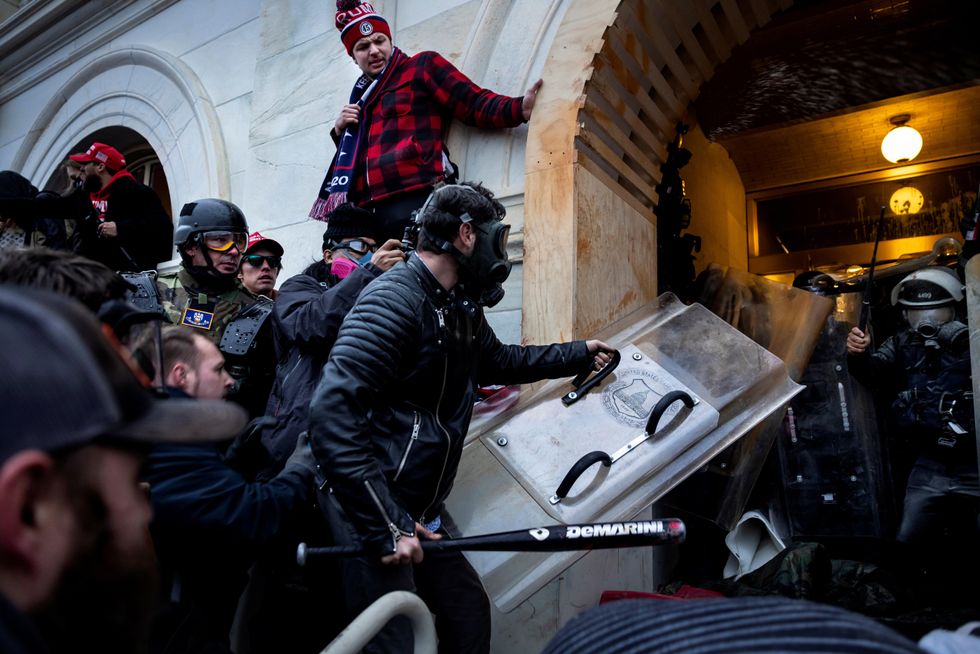 Jan. 6 investigation goes primetime
Brent Stirton/Getty Images
Jan. 6 investigation goes primetime
Brent Stirton/Getty Images
3. Pardons related to January 6
In a significant move, President Trump pardoned nearly all individuals convicted in connection with the January 6 Capitol attack, which includes about 1,270 people.
He also directed the Justice Department to dismiss approximately 300 pending cases and ordered the release of a smaller group of 14 defendants involved in the most serious sedition cases.
This action was more extensive than many expected, including some of Trump’s own advisors and GOP allies.
 Sun, Global warming, Global boiling from the climate crisis and the catastrophic heatwave, Climate change, the sun and burning Heatwave hot sun Getty Images/Stock Photo
Sun, Global warming, Global boiling from the climate crisis and the catastrophic heatwave, Climate change, the sun and burning Heatwave hot sun Getty Images/Stock Photo
4. Paris Agreement Exit
President Donald Trump signed an executive action to withdraw the United States from the Paris Agreement, mirroring his decision during his first term. The Paris Agreement is an international accord to address climate change, with nearly 200 countries committed to limiting global warming to below 2 degrees Celsius and ideally below 1.5 degrees.
Each participating country is responsible for creating its own plan to meet these climate goals.
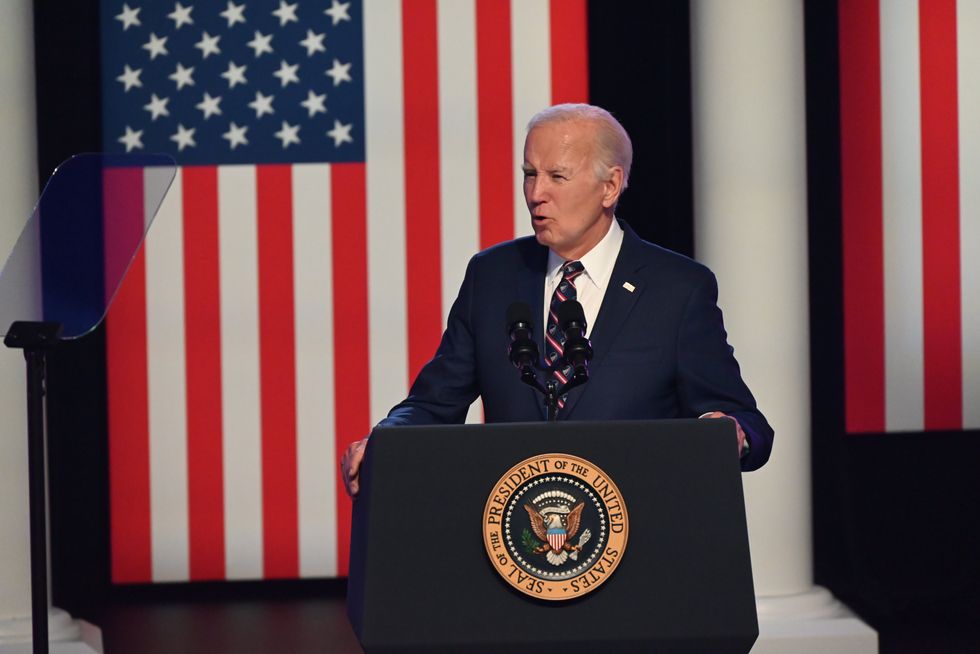 The speech Joe Biden won’t give
Anadolu/Getty Images
The speech Joe Biden won’t give
Anadolu/Getty Images
5. Biden-era executive orders revoked
Trump revoked several executive actions from the Biden administration, including the decision to remove Cuba's designation as a state sponsor of terrorism, sanctions on Jewish settlers in the West Bank, and measures aimed at mitigating risks associated with artificial intelligence.
These reversals were part of a larger effort to overturn Biden-era policies and were signed at Capitol One Arena shortly after Trump's inauguration.
Trump reportedly intended to sign as many as 200 executive orders on the first day of his second term. By comparison, he signed one order on Inauguration Day 2017.
Hugo Balta is the executive editor of the Fulcrum, and the publisher of the Latino News Network.




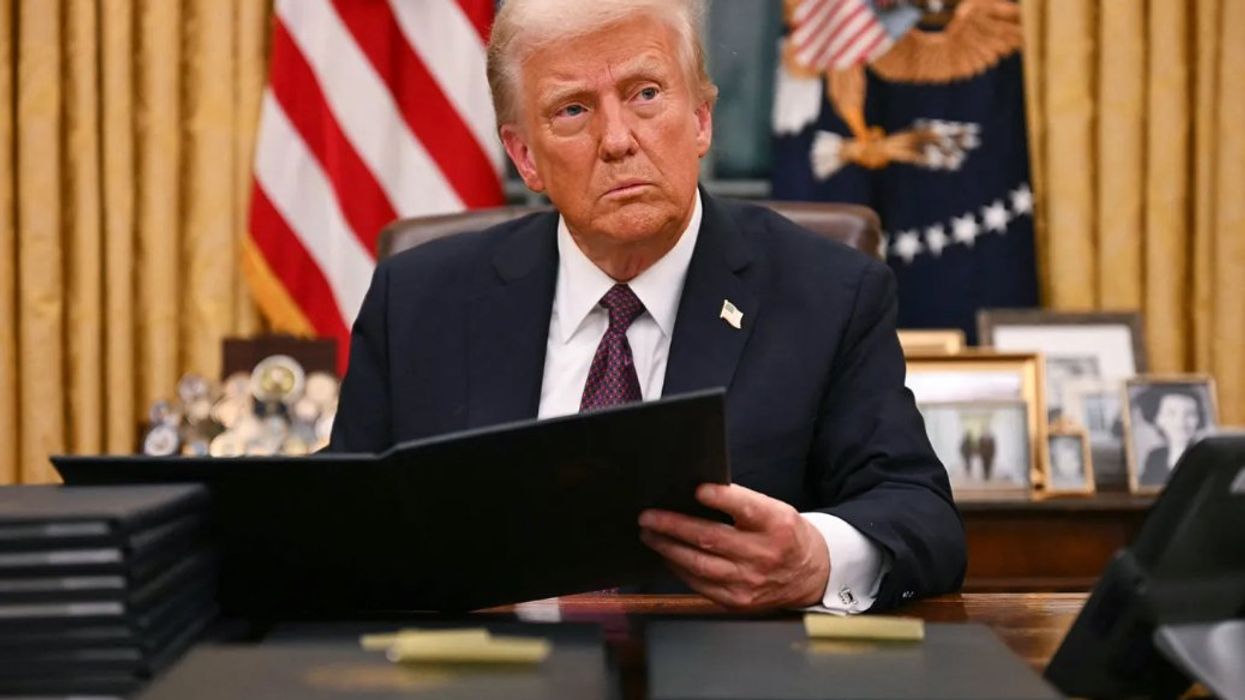















Trump & Hegseth gave Mark Kelly a huge 2028 gift